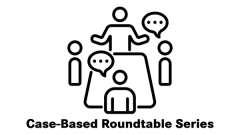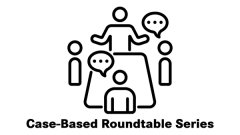
Overview of MET Amplification and MET Exon 14 Skipping Mutations in NSCLC
Giuseppe Giaccone, MD, PhD, discusses alterations in the MET gene that can be oncogenic drivers in patients with non–small cell lung cancer.
Episodes in this series

Giuseppe Giaccone, MD, PhD, professor of medicine at Weill Cornell Medical College, discusses alterations in the MET gene that can be oncogenic drivers in patients with non–small cell lung cancer (NSCLC).
According to Giaccone, MET amplification and MET exon 14 skipping mutations are alterations in the MET gene that are rare oncogenic drivers for NSCLC. MET exon 14 skipping mutations are a therapeutic target for NSCLC that appear in 3% to 4% of patients with NSCLC, while MET amplification appears in 1% to 6% of these patients. These alterations can be identified by tissue biopsy or liquid biopsy.
Capmatinib (Tabrecta), a selective inhibitor of the MET receptor, was investigated for use in patients with a MET exon 14 skipping mutation in the phase 2 GEOMETRY mono-1 trial (NCT02414139). Following results of efficacy and a tolerable safety profile, it was approved by the FDA for use in metastatic NSCLC in May 2020.
Tepotinib (Tepmetko) was investigated in the phase 2 VISION trial (NCT02864992) and was approved by the FDA for use in metastatic NSCLC in February 2021 based on its response rate and duration of response.
TRANSCRIPTION:
0:08 | MET expression really is not a good marker for drugs that actually target MET, because the expression is really dependent on many things. Usually, you have a higher expression if you have high levels of amplification, but that's not necessarily the case when you have the MET exon 14 skipping mutation. Expression is not something that you use for MET and for treatment with MET inhibitors.
For first line, there are 2 drugs that are approved for MET exon 14 skipping mutations only. One is tepotinib. That has been approved a few months ago, and the other one is capmatinib. That has been approved a few months earlier. Both have been approved based on single-arm phase 2 data in a reasonably large number of patients with [MET] exon 14 skipping mutations, which are not that common; they're about 3% or 4% of lung cancers.
























